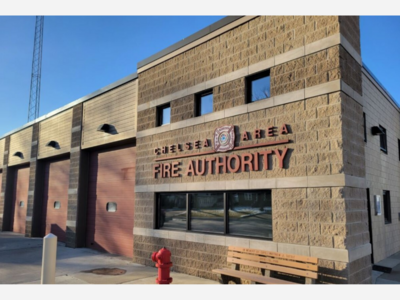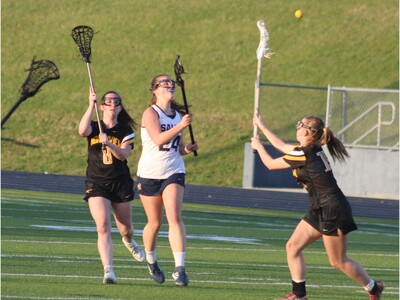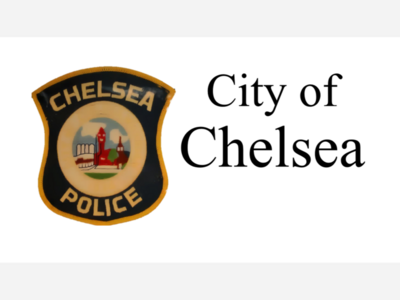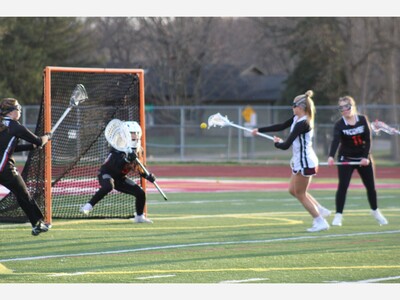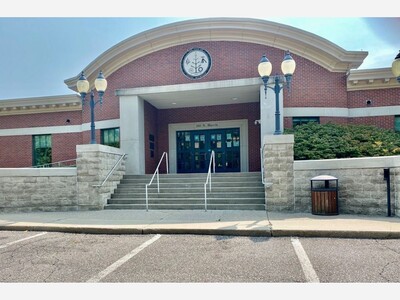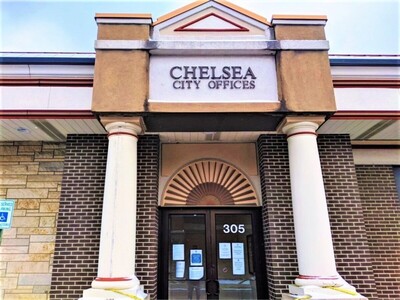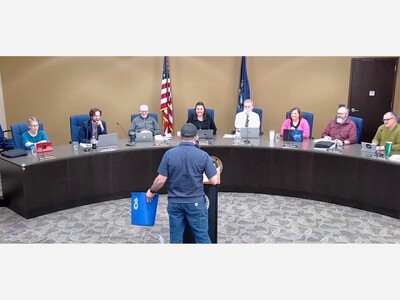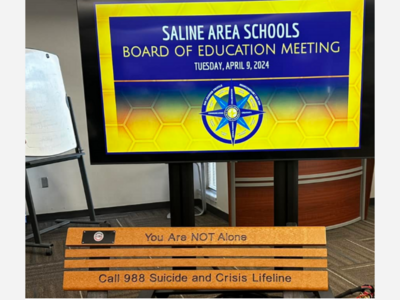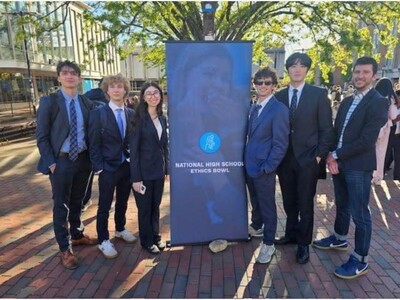Might we think differently about punishment and wholeness?
by Mary Lynn Stevens
This column is the second in a monthly series created by the Restorative Justice Action Group of Chelsea's One World One Family organization. The series invites readers to reflect on individual and community challenges such as conflict and crime, and the approaches we take to meeting them.
Can you remember the first time you were punished? Maybe you broke a rule, disappointed a parent, told a fib. Do you remember how you felt? Sorry? Angry? Humiliated? Shamed?
Here’s a question for you: Did that punishment help you understand why what you did was considered wrong—how you might have created harm, or made something needlessly difficult for someone else?
Also, did the punishment you received help you see the event through the hurt person’s eyes? Did your punishment help you imagine what you might do differently next time to be more aware, more considerate, more truthful in the future?
Likely not. Most of us have experienced punishments that humiliated us plenty, but taught us little.
But what if we met wrongdoing differently whether at home, in school, or under the law? What if we had effective alternatives to assuming the worst—“unless they are punished, they’ll just do it again, or worse…”?
What if, just as we master math and language in school, we also acquired the knowledge, understanding and resources to restore one another’s well-being when trouble inevitably occurs as part of life—restoration for both the people who are hurt, and those who perpetrated the hurt?
What if accountability included our needing to bravely listen to how we harmed others, rather than going resentfully to our room, to detention, or to incarceration? What if we could learn to internalize the impact of our actions and then be “part of the solution” of addressing that harm? What if we changed our behavior by developing insight into others’ humanity, rather than fear of retribution? How would our schools, families, and communities be different places?
Such scenarios may sound like unrealistic, “Pollyanna” visions. But, as other writers in this series will document, this approach, known broadly as “restorative justice” or “restorative practices,” is actually very tough-minded. Demanding, and effective, it is being used successfully in homes, in schools, and in some legal systems. Many indigenous peoples have been doing it for centuries.
The key is actually reckoning with harm done to others—giving people who have been harmed full voice in that reckoning. When restoration is the goal, perpetrators of harm must do the difficult work of learning what the hurt party needs in order to feel genuinely safe and restored—and then put it into practice. With the support of loved ones and/or professionals, they must “do sorry,” not just “say ‘sorry.’” Through this process they, too, gain a measure of restoration and wholeness thereby minimizing the chance that they will hurt others again.
The “say sorry/ do sorry” insight comes from restorative justice pioneer Danielle Sered. If this concept intrigues you, check out these two videos from her innovative and high-impact organization, Common Justice. Watching them both takes a total of five minutes!
“Doing Sorry” https://www.youtube.com/watch?v=8N3LihLvfa0
“Why Do We Need Restorative Justice? https://www.youtube.com/watch?v=MWZ6RGwj680
You can also dig deeper at https://www.commonjustice.org
We would love to hear from you, if you have a question or comment, please email us at [email protected]

